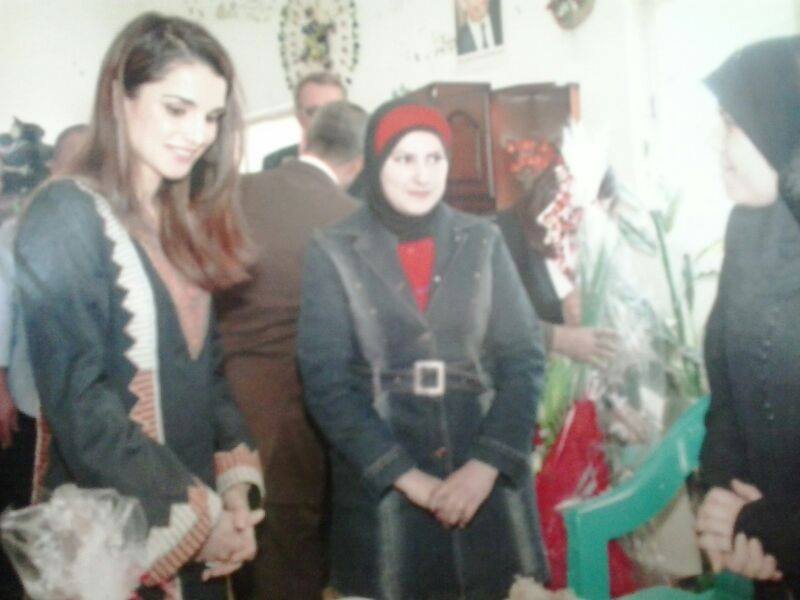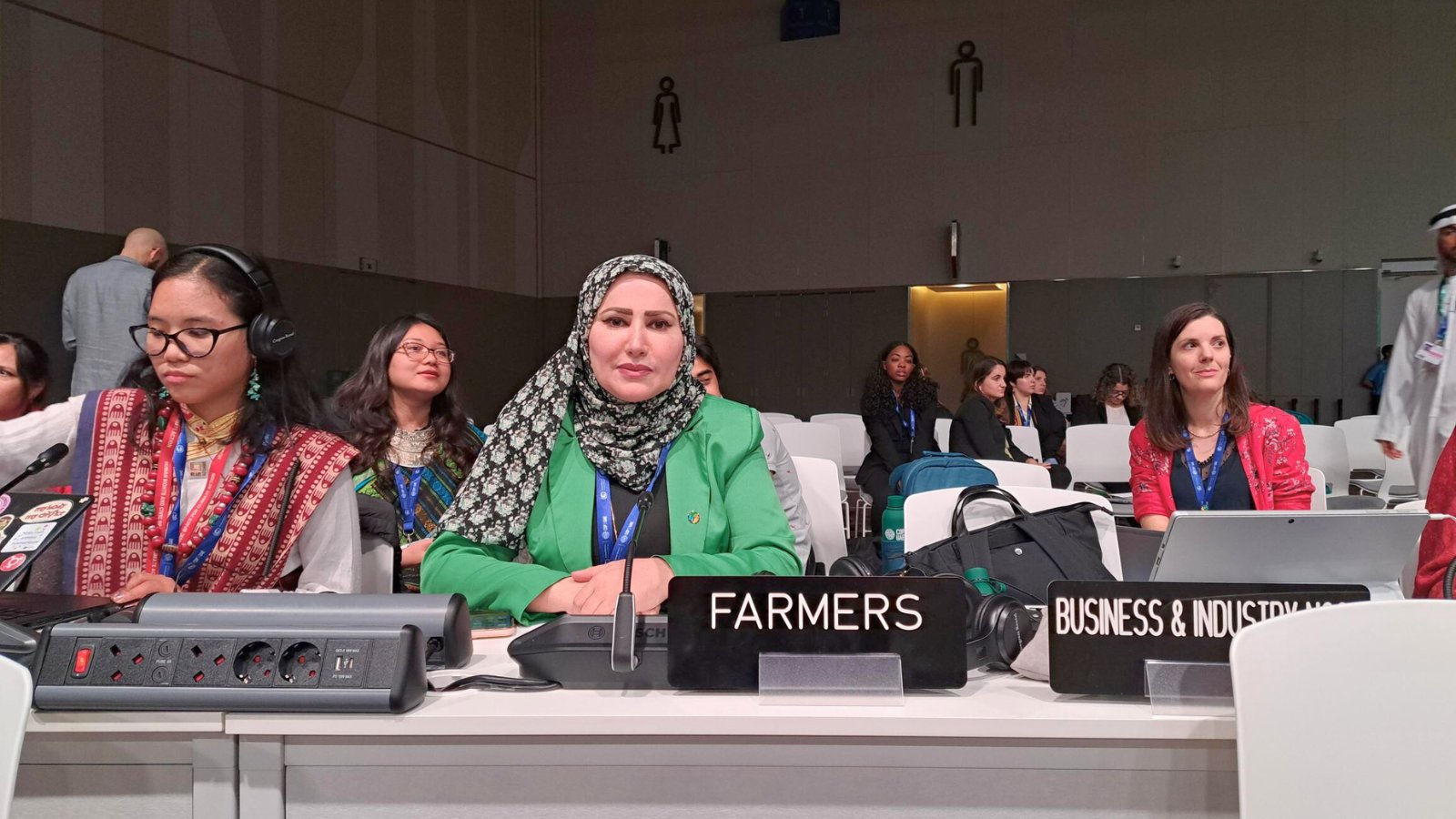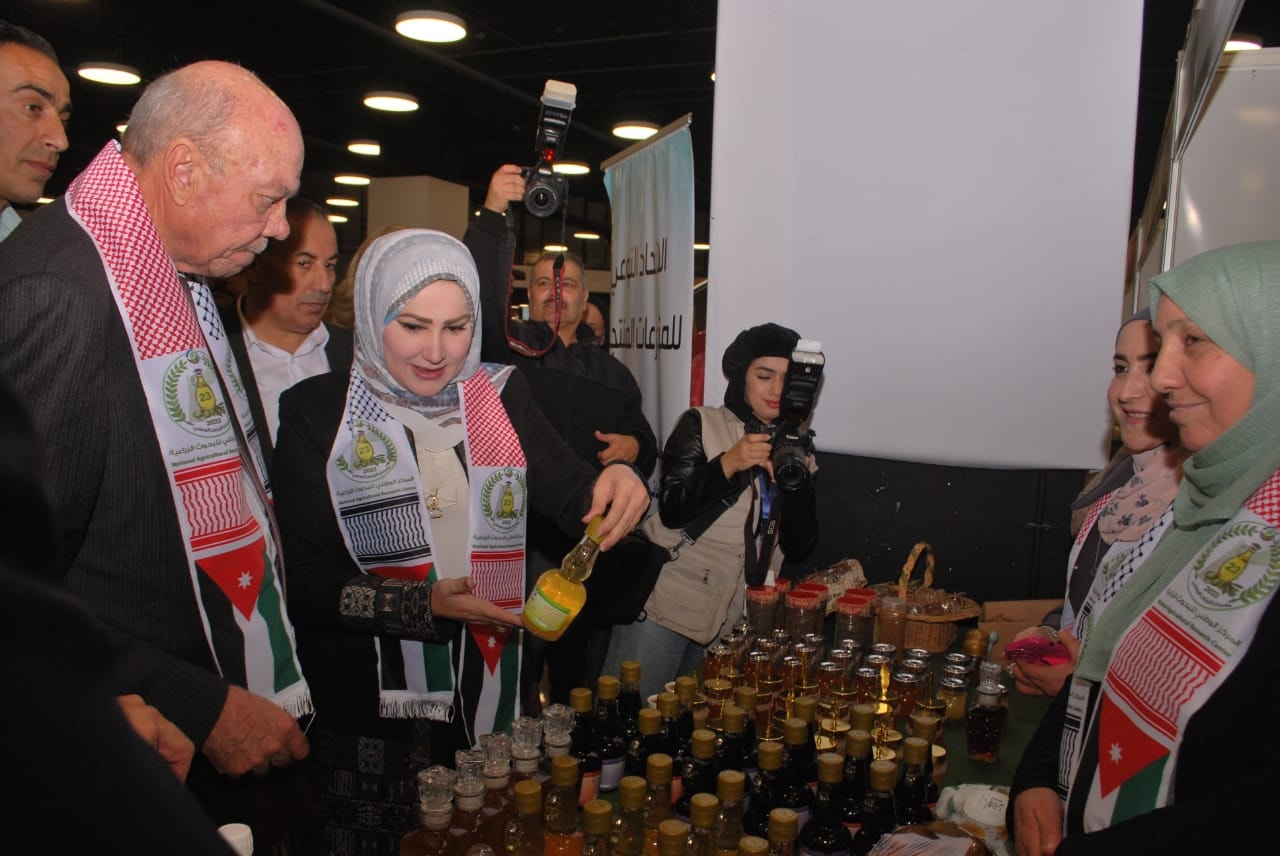Nestled in the heart of Jordan, a unique blend of tradition and innovation sets the stage for the inspirational journey of Dr. Zeinab Al-Momany. Serving as the President of the Specific Union for Productive Farmer Women in Jordan (SUFWJ), she has pioneered the empowerment of women farmers, fostering a thriving community of over 5,000 individuals committed to achieving economic independence and gender equality in the agricultural sector. Dr. Al-Momany’s visionary efforts transcend national borders, giving rise to the first ever network for Arab women farmers. Through initiatives like SUFWJ and the Arab Farmer Network, she has not only secured tangible gains for women farmers, such as equal wages, land ownership, and access to microfinance but has also become a transformative force in rural economies, illuminating a path towards a more equitable future for women in agriculture across the Arab world. In this installment of our “Hero Stories” series, we delve into the challenges, triumphs, and profound transformative impact of empowering women in agriculture.
DevelopmentAid: Dr. Al-Momany, your journey toward the empowerment of women farmers is truly inspiring. Can you shed light on the early stages of your career and the pivotal moment that led to the establishment of the Sakhra Women’s Society Cooperative in 2003?
Dr. Al-Momany: My commitment to empowering women in my community began with the establishment of a private nursery in the village of Sakhra, Jordan. After marrying early myself and having two children, Ziyad and Zein, the nursery aimed to provide a space for children, enabling mothers like me to work and pursue further education.
The overwhelming response in 2002, with over 100 highly educated women seeking employment, prompted me to gather with these women. Together, we explored ways to utilize their skills and passion. Recognizing the substantial number of women in our small village, we collectively decided to establish the Sakhra Women’s Society Cooperative in 2003, with 100 founding members. The formation process faced challenges and it took a year to cement the cooperative.
A significant hurdle was the societal perception of women wanting to work, seen as a challenge to traditions. However, being an all-women group made the idea more acceptable. Post-establishment, we identified and initiated profitable projects, relying on modest contributions from institutions. These included activities like drying fruits, grinding grains, and manufacturing food products.
Our successes, reasonable profits, and growing number of members prompted the establishment of a headquarters. We developed an organized system for role allocation and annual profit distribution. Recognition of our achievements spread throughout Jordan, leading to a visit from Her Majesty Queen Rania in 2004.

The increasing number of women joining the association’s workforce, coupled with the success of the nursery, sparked a surge in projects. This growth allowed me to transform the nursery into the Zein School for Innocent Sprouts, earning the King Abdullah Award for Excellence. The success story inspired neighboring areas to replicate our model, and international exposure came during a visit to Tunisia, where I observed its Farmers’ Union which included several female members.
This experience inspired the contemplation of establishing a similar union in Jordan. However, a challenge arose as the General Farmers’ Union required members to own 10 dunums of land. Undeterred, we engaged in a battle to change the definition and requirements of membership, eventually making it acceptable for women to join by renting one hectare of land.
DevelopmentAid: Dr. Al-Momany, before delving into the remarkable initiatives of SUFWJ, could you share a little about your educational background and early career experiences that paved the way for your leadership in empowering women farmers?
Dr. Al-Momany: My journey began with academic excellence, culminating in a Ph.D. in Business Administration from Cairo University in 2022. I pursued a Bachelor’s Degree in Elementary Education at Amman Arab University in 2008 and a Master’s Degree in Business Administration from the same university in 2014. My commitment to empowering women in agriculture started early and, from 2002 to 2022, I dedicated myself to establishing and founding women’s organizations, cooperatives, unions, and global Arab woman networks.
DevelopmentAid: Your journey has been marked by a rich tapestry of experience and recognition. Could you take us through some significant moments in your career, particularly those that highlight your involvement in social entrepreneurship and your impact on a global scale?
Dr. Al-Momany: In 2007, I had the honor of being acknowledged as a Social Entrepreneur. This was a transformative year as I received the prestigious Social Entrepreneur Award from SCHWAB, an accomplishment that also led to my inclusion on the esteemed Social Entrepreneur Committee. This recognition opened doors for me, allowing me the privilege of participating in DAVOS, both within the Arab world and on the global stage. A noteworthy milestone came when I became the first Jordanian woman to be honored with the Social Entrepreneur Award by the American organization SYNERGOS. This acknowledgment underscores my unwavering dedication to enhancing human dignity, strengthening societies, and championing entrepreneurs in Jordan, irrespective of gender. The recognition from SYNERGOS reflects not only personal achievement but a commitment to fostering positive change on both local and international fronts.

DevelopmentAid: Dr. Al-Momany, your journey to empower women farmers is remarkable. Could you share the genesis of your initiatives with the Sakhrah Women’s Society Cooperative and SUFWJ?
Dr. Al-Momany: Absolutely. The inception of the Sakhrah Women’s Society Cooperative in 2007 marked the beginning of a profound commitment to enhancing the capacities of small agricultural organizations. This cooperative, a pioneering endeavor not only in Jordan but across the Arab world, laid the groundwork for the formation of SUFWJ. Bringing together 22 women’s organizations and 5000 members, SUFWJ became a formidable force dedicated to empowering female farmers. Our commitment has translated into significant outcomes, including increased land ownership, wage equality, and improved access to microfinance.
DevelopmentAid: Advocacy for women farmers’ rights is central to SUFWJ. Could you elaborate on the challenges that women farmers face?
Dr. Al-Momany: Women farmers face a myriad of challenges, often exacerbated by unequal laws and regulations. At SUFWJ, advocacy is at the forefront of our efforts. By challenging and amending internal systems, such as the General Farmers Union’s requirements for female membership, which historically mandated land ownership, SUFWJ has successfully opened avenues for women farmers to join without land ownership. Currently, we are actively engaged in reforming labor laws to ensure social security and health insurance coverage for women in agriculture, effectively addressing the disparities they face.

DevelopmentAid: Can you shed light on the economic empowerment program and its impact?
Dr. Al-Momany: Our economic empowerment program identifies women farmers’ needs, formulating action plans every two to five years. This targeted approach addresses specific challenges, sets clear objectives, and implements programs for sustainable progress. By focusing on economic empowerment, we ensure that women farmers have the support needed for their financial well-being.
DevelopmentAid: Climate change is a pressing issue globally. How does SUFWJ raise awareness and support women farmers in adapting to these changes?
Dr. Al-Momany: Climate change poses significant challenges for women farmers, affecting their health, crops, and water availability. SUFWJ has proactively addressed these challenges by raising awareness about climate change issues within its network. Initiatives aimed at increasing green areas and transitioning to clean and renewable energy underscore SUFWJ’s commitment to sustainable practices. The union supports projects such as providing loans for the installation of solar panels, rainwater collection, and promoting organic farming. By addressing the multifaceted impact of climate change, SUFWJ ensures that women farmers are equipped to adapt and thrive in the face of evolving environmental conditions.
DevelopmentAid: Looking ahead, what are SUFWJ’s future initiatives and aspirations for the empowerment of women farmers?
Dr. Al-Momany: The future holds exciting prospects for SUFWJ. Our initiatives will focus on expanding awareness of climate change issues, increasing support for organic farming, and promoting environmental diversity. The union remains steadfast in its commitment to advocate for women farmers’ rights, ensuring they have equal opportunities, access to resources, and a sustainable future in agriculture. As we continue to evolve, SUFWJ aims to be a guiding force, empowering women farmers and contributing to the broader landscape of sustainable and equitable agriculture in the Arab world.

